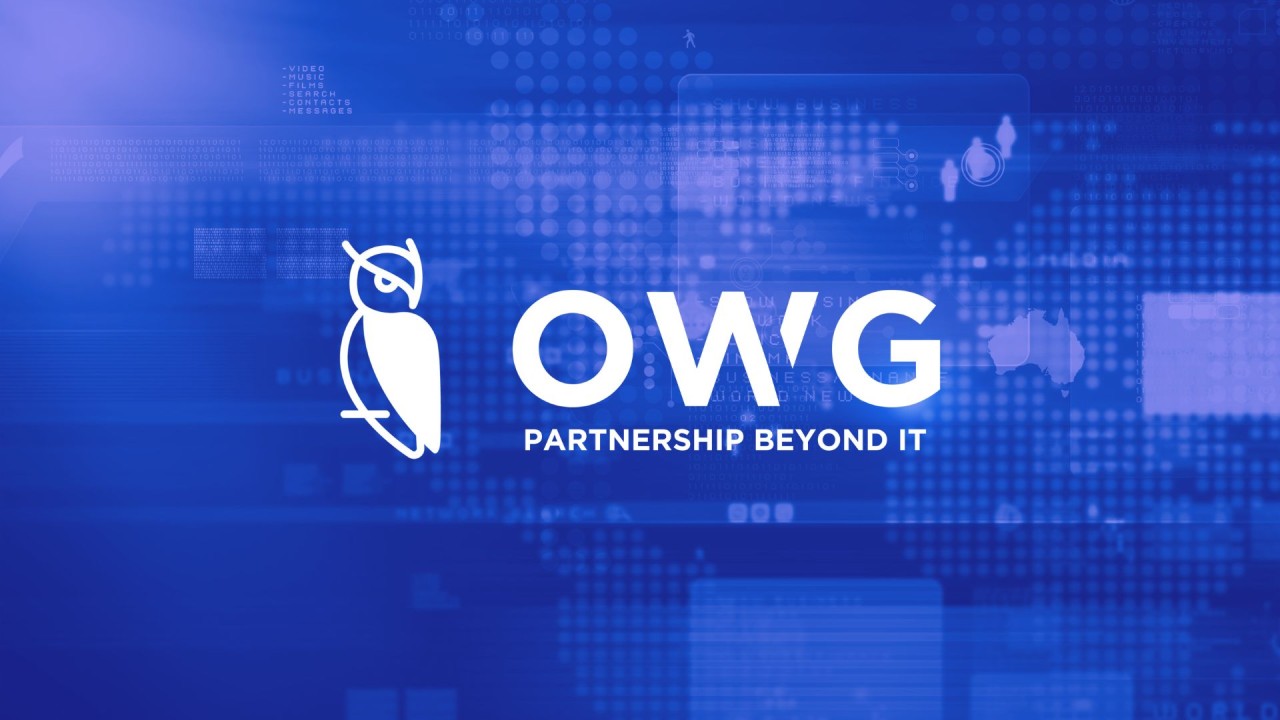Most teams are drowning in digital clutter…
Too many tabs. Too many tools. Too many tasks that suck up time and mental energy, leaving your staff doing busywork instead of real work.
That’s where Microsoft Copilot comes in.
More than just a flashy new AI feature, Copilot is quickly becoming the most powerful workplace productivity upgrade in years and it’s already embedded in the Microsoft 365 apps your team uses every day.
What Exactly Is Copilot?
Copilot is Microsoft’s built-in AI assistant, designed to work across tools like:
- Outlook
- Word
- Excel
- Teams
- PowerPoint
- OneNote
It uses natural language prompts to turn everyday tasks into instant outcomes.
Need to summarize a 10-person Teams meeting? Copilot does it. Want a first draft of a contract, letter, or email? Copilot writes it. Trying to find trends in a messy Excel spreadsheet? Copilot pulls them out.
This isn’t just smart, it’s a time-saver, a brain-saver, and in some cases, a life-saver for overstretched teams.
Real Use Cases, Not Hype
At OWG, we’ve helped clients across industries implement Copilot in a way that’s actually useful (not overwhelming).
Here’s how it’s showing up in the real world:
- Law Firms: Drafting contracts, summarizing case notes, pulling precedent language from past documents — in minutes, not hours.
- Healthcare Organizations: Transcribing and summarizing meetings, prepping documentation, and streamlining patient communications.
- Accounting Teams: Automating report summaries, analyzing Excel models, and prepping client-ready dashboards in seconds.
- Creative & Marketing Agencies: Generating first-draft copy, summarizing client briefs, and turning raw ideas into structured docs.
Copilot Isn't About Replacing People; It's About Freeing Them Up
Some worry AI means replacing jobs. But the real shift is about reclaiming time.
Most knowledge workers spend over 50% of their day on admin or communications tasks. Copilot handles the repetitive parts so your team can focus on what actually matters: strategy, service, and innovation.
It’s not just smarter work. It’s more human work.
The Catch? Copilot Only Works When Everything Else Does
Copilot is only as good as the environment it lives in. If your Microsoft 365 setup is cluttered, disconnected, or underutilized , Copilot can’t perform.
At OWG, we help organizations:
- Organize and secure their Microsoft 365 environment
- Train teams on how to use Copilot effectively
- Set up guardrails for security, compliance, and access
- Maximize licensing ROI with smart configuration
Why Now Is the Time to Get Ahead
AI isn’t coming. It’s already here.
And the businesses that take a proactive approach to integrating tools like Copilot will have a massive operational advantage — faster output, better accuracy, and a more focused, engaged team.
If your team is already using Microsoft 365, Copilot isn’t a leap — it’s a lift.
Want to See What Copilot Could Do for Your Team?
We’re helping teams across law, healthcare, finance, and beyond integrate AI into their daily workflows without the chaos or complexity.
If you’re ready to explore how Copilot can work for you, we’re here to make it simple, secure, and strategic.











